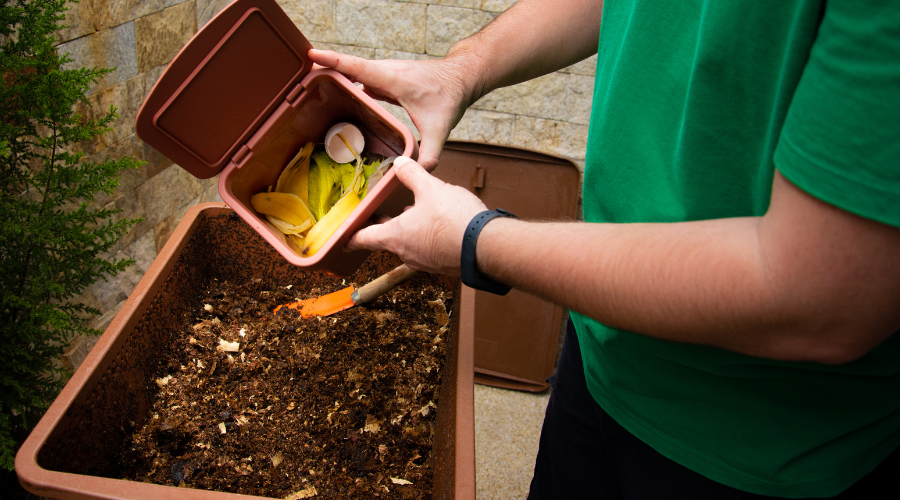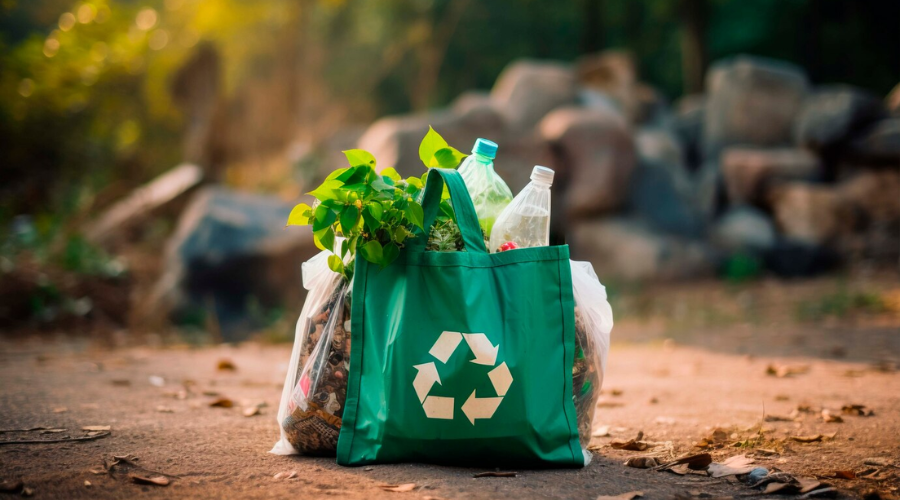Composting is an eco-conscious habit that transforms organic kitchen waste into nutrient-rich soil. It’s an excellent step toward zero-waste living and contributes to a greener planet. If done right, composting can reduce landfill waste and support urban agriculture or kitchen gardens.
Why Compost at Home?
● Reduces Landfill Burden Around 50% of household waste is compostable. Turning it into compost minimizes environmental impact.
● Natural Fertilizer for Plants Compost enhances soil structure and provides essential nutrients for healthy plant growth.
● Cost-Effective Waste Management Saves money spent on chemical fertilizers and reduces your waste disposal costs.
● Reduces Methane Emissions
Composting organic matter prevents it from decomposing in landfills, where it emits harmful methane gas.
● Promotes Circular Economy
Composting creates a closed-loop system, where waste is repurposed for regeneration.
How to Start Composting at Home
● Choose a Compost Bin Use a clay pot, plastic bin, or compost tumbler with small air holes for ventilation.
● Know Your Green and Brown Green (wet) waste includes food scraps and vegetable peels; brown (dry) waste includes paper and leaves. Maintain a 1:3 ratio.
● Layer Smartly Start with dry waste at the bottom, followed by green waste. Repeat layering and stir occasionally.
● Avoid These Items Don't compost dairy, meat, or oily food scraps to prevent odor and pests.
● Harvest and Use After 4–6 weeks, your compost will be ready to use in pots, garden beds, or lawns.
Composting is a rewarding habit that gives back to the earth. Pair it with organic gardening supplies from Siddhagiri Naturals to complete your eco-friendly home ecosystem.

_576511745218431.png)
